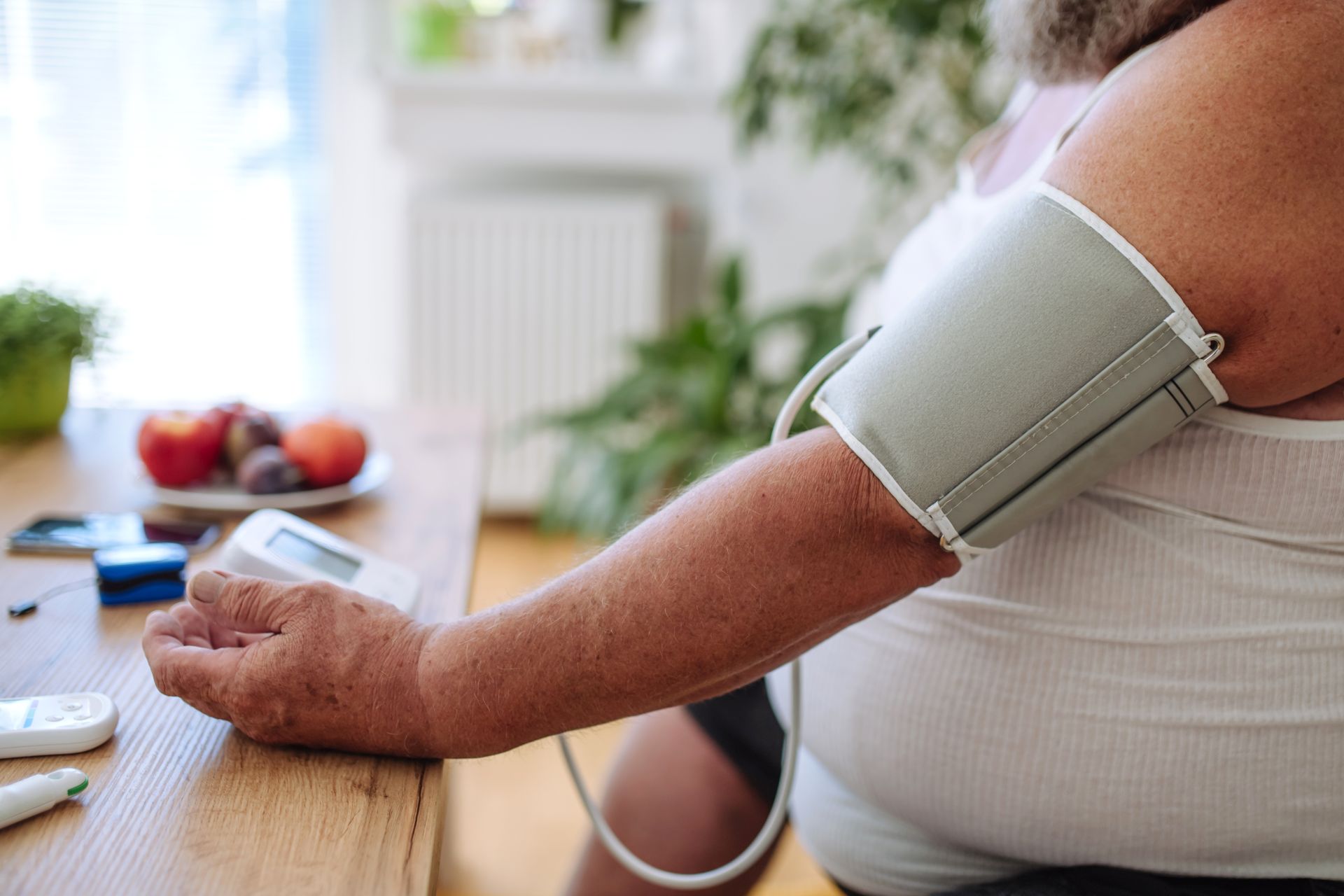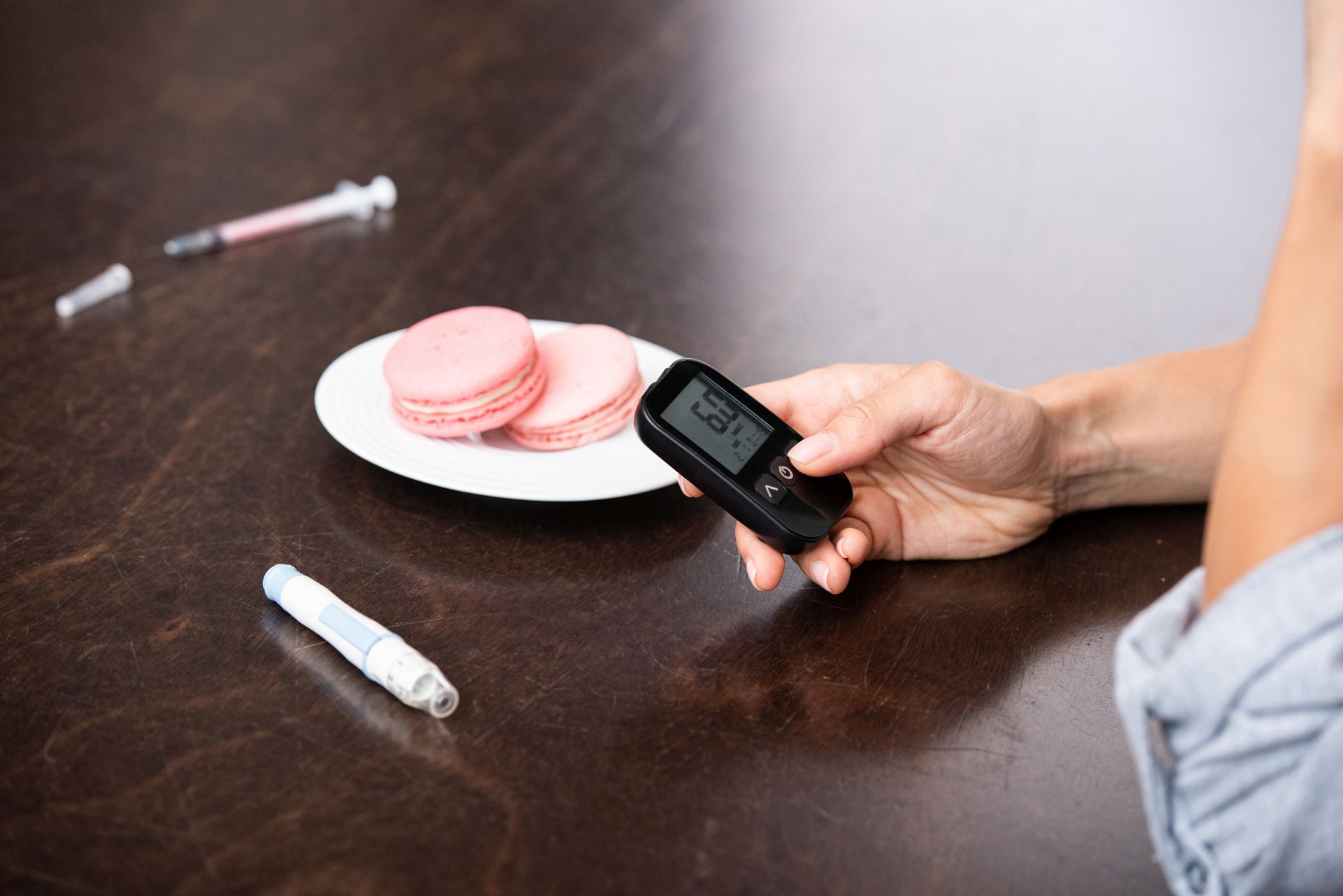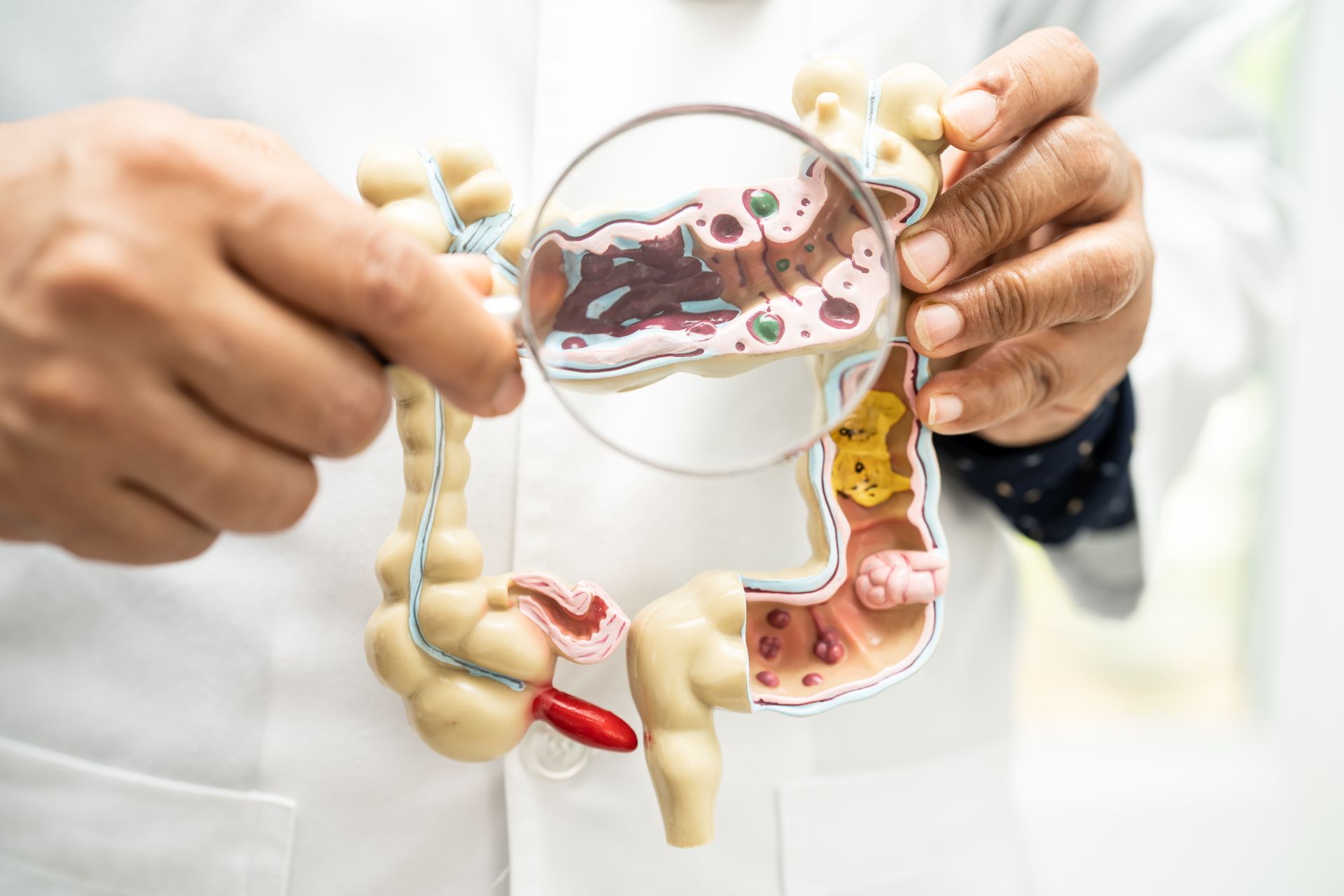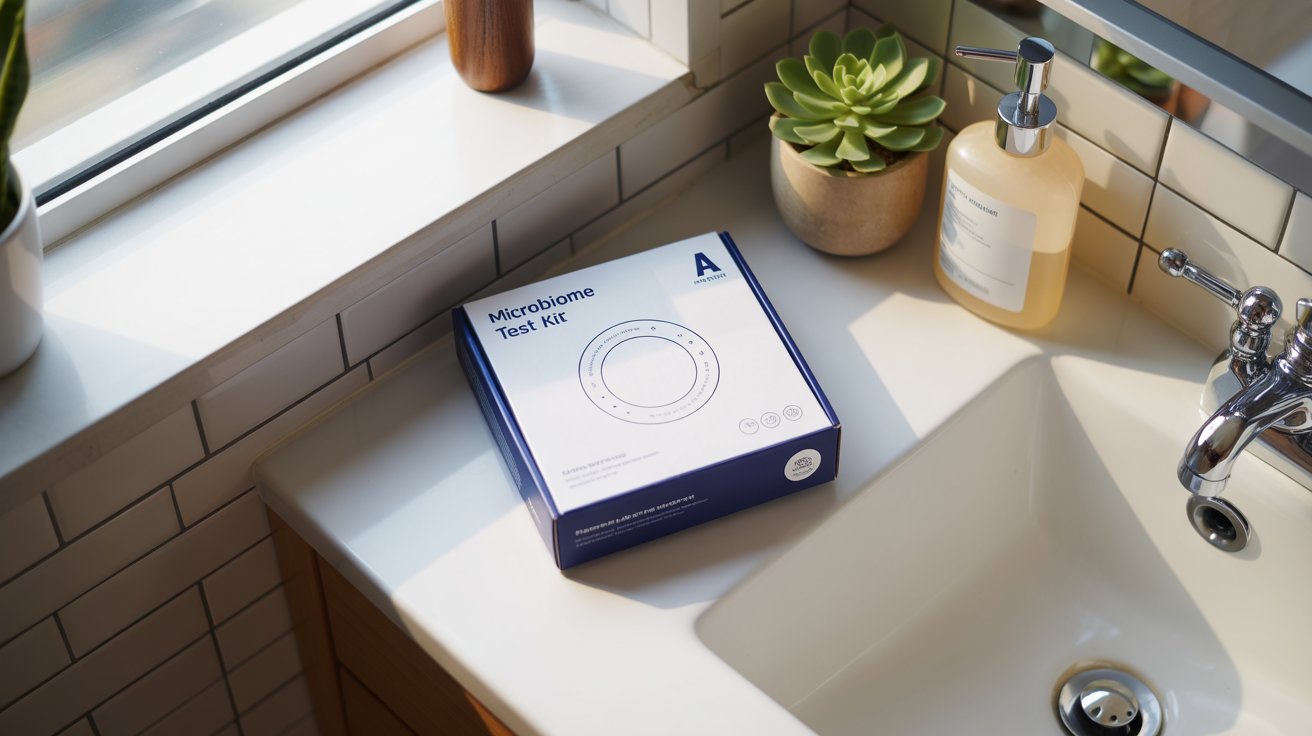Thinking about adding probiotics to your routine? Before you jump in, let’s talk about something most people skip over — probiotic side effects. Yep, those little capsules of gut-friendly bacteria can sometimes come with a few surprises. From bloating and breakouts to mood shifts and more, your body might have a lot to say while it adjusts.
But don’t worry — most of it’s totally normal, and we’re here to walk you through what to expect (and what to do when things get weird).
So if you’ve ever wondered whether the gurgles, bloating, or breakouts you’re experiencing might be tied to your new gut health regimen, you’re in the right place. Let’s unpack the most common side effects of probiotics — and what to do about them.
A Little Background on Probiotics
Before we get into the nitty-gritty, let’s rewind for a sec. Probiotics are live microorganisms that support a balanced gut microbiome. They’re found in supplements, yogurt, kefir, sauerkraut, kombucha — you name it. And while they can be powerful allies for digestion, immunity, and even mood, they’re not always smooth sailing from day one.
Bloating and Gas: The Classic Kickoff

You’re feeling good about your gut game… until your belly feels like it’s throwing a balloon party.
Why it happens:
As your gut flora shifts, certain bacteria start fermenting fibers in a new way. That can lead to excess gas — especially if you’ve never taken probiotics before.
What to do:
- Start with a low dose and gradually increase.
- Take your probiotic with food.
- Choose strains like Lactobacillus rhamnosus or Bifidobacterium infantis, which are gentler on sensitive stomachs.
Digestive Upset: Diarrhea or Constipation
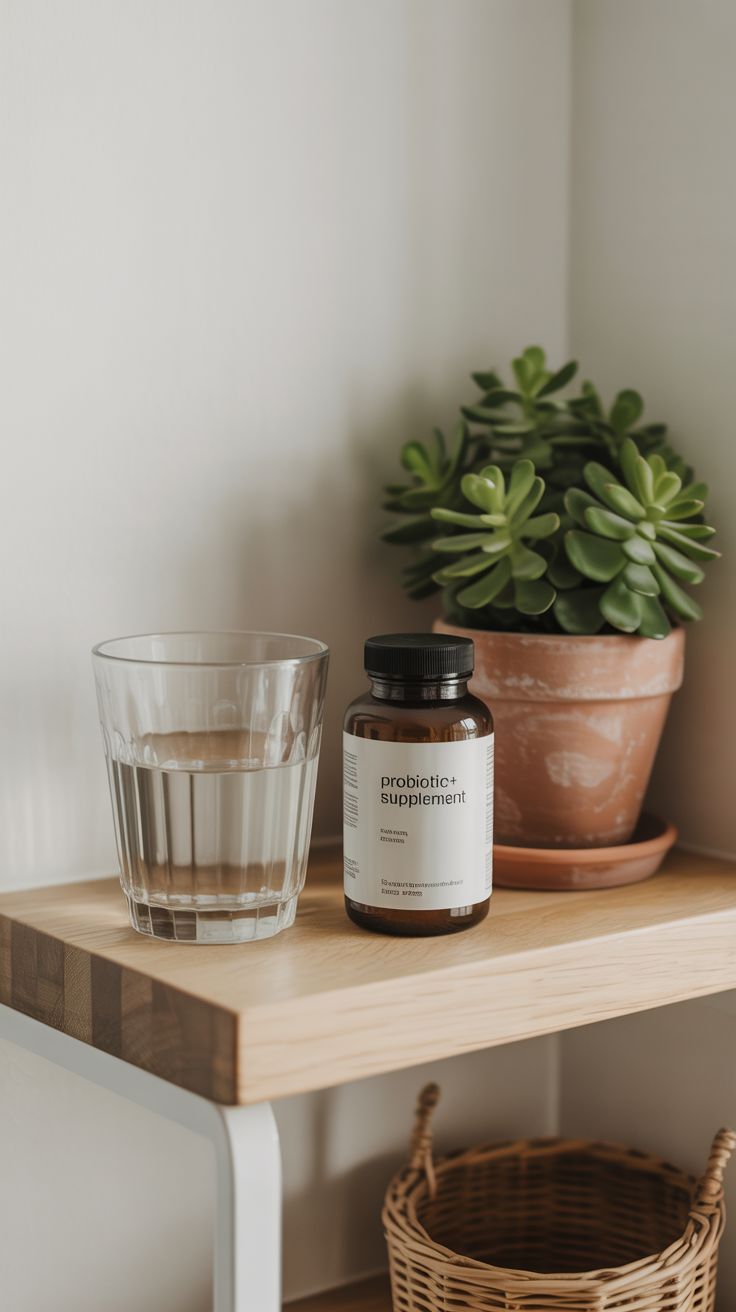
Wait — you were promised smoother digestion, and now things are going haywire?
Why it happens:
Your gut is recalibrating. Some people get loose stools, others get backed up. Either way, your body’s adjusting to the influx of new microbes.
What to do:
- Stay hydrated and eat fiber-rich foods.
- Give it a week or two to settle.
- Try switching probiotic strains if symptoms persist.
Skin Breakouts or Rashes
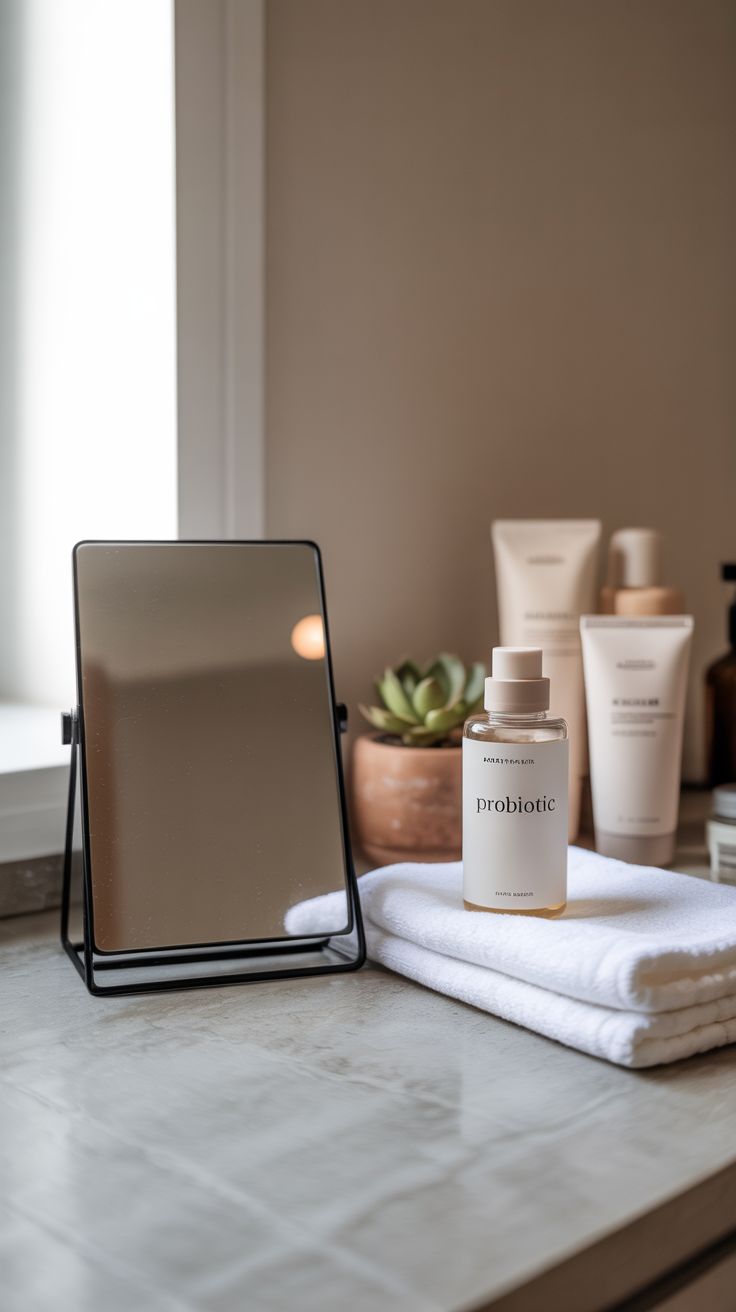
Did probiotics really cause that zit or itchy patch?
Why it happens:
Your skin is often a reflection of what’s happening in your gut. During microbial rebalancing, you might experience temporary skin changes, especially if your body is detoxing from bad bacteria or yeast overgrowth.
What to do:
- Drink plenty of water to support detox.
- Consider pairing probiotics with prebiotics to feed the good bacteria.
- If rashes are severe, discontinue use and check in with a healthcare provider.
Headaches

That pounding in your skull? It might be related to your probiotic.
Why it happens:
Some fermented foods that contain probiotics (like kombucha or kimchi) also contain biogenic amines — compounds that can trigger headaches in sensitive individuals.
What to do:
- Try switching to a non-fermented probiotic supplement.
- Track your symptoms in a journal to pinpoint if probiotics are the culprit.
Increased Histamine Symptoms
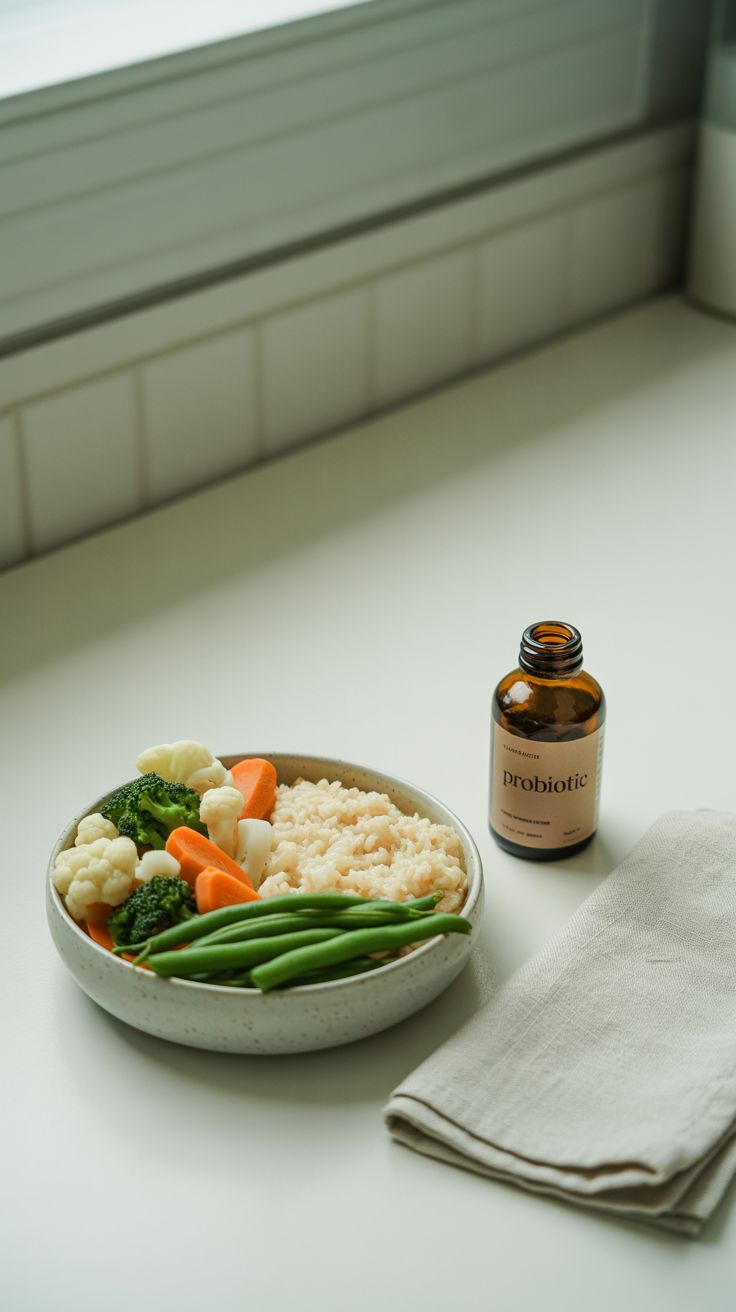
If you have allergies or histamine intolerance, you may feel worse before you feel better.
Why it happens:
Some probiotic strains (like Lactobacillus casei) can produce histamine, which can trigger symptoms like hives, nasal congestion, or fatigue in sensitive individuals.
What to do:
- Look for low-histamine strains like Bifidobacterium longum or Lactobacillus plantarum.
- Consider a histamine intolerance test if symptoms persist.
Brain Fog or Mood Swings

Feeling foggy or emotional? It’s not in your head — okay, actually it is, but your gut might be involved.
Why it happens:
The gut-brain axis is real. As your microbiome changes, neurotransmitter production (like serotonin) can shift temporarily, affecting mood and focus.
What to do:
- Support your gut-brain balance with omega-3s and B vitamins.
- Avoid sugar and processed foods while your gut adjusts.
Yeast Die-Off (aka Herxheimer Reaction)

You’ve introduced the good guys — but the bad guys aren’t leaving quietly.
Why it happens:
If you’re dealing with candida overgrowth or dysbiosis, probiotics can trigger a “die-off” reaction as harmful microbes die. Symptoms include fatigue, headaches, nausea, and skin issues.
What to do:
- Start slowly.
- Rest, hydrate, and eat clean.
- Consider working with a functional medicine practitioner.
Immune System Overactivation (in Rare Cases)
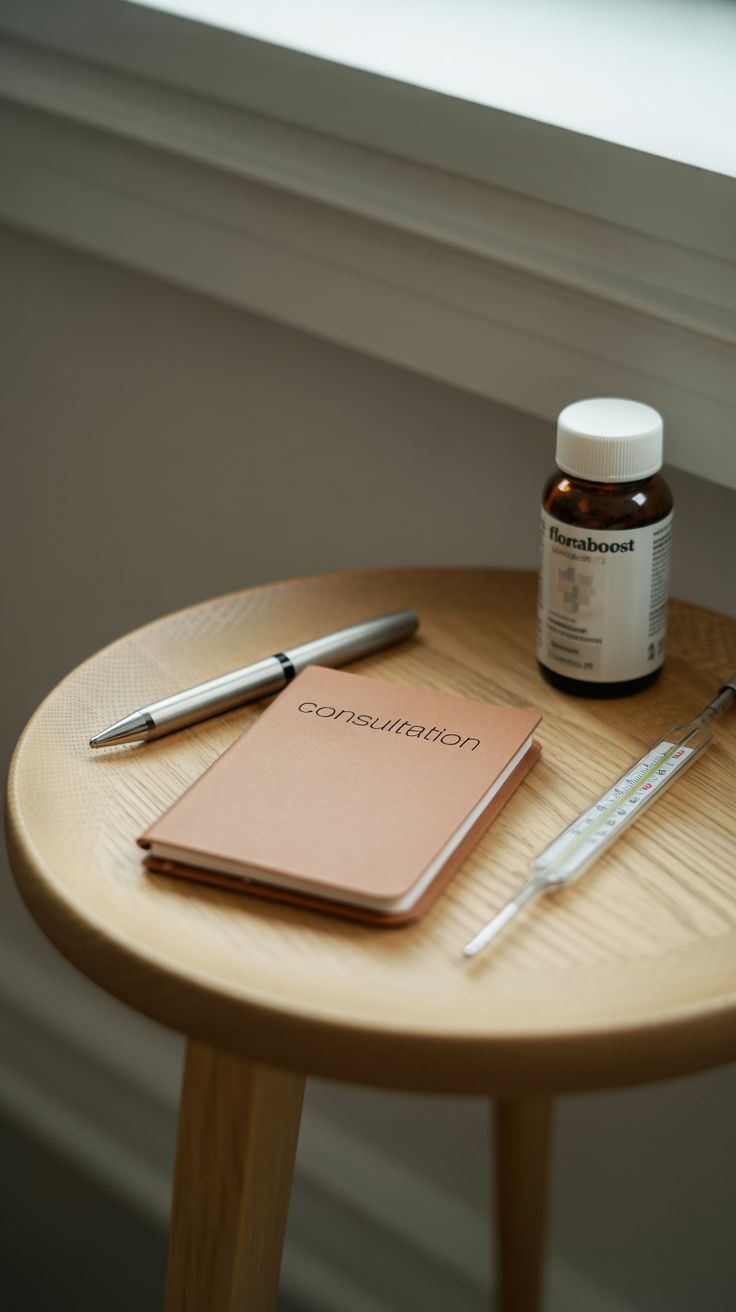
This one’s rare, but worth mentioning.
Why it happens:
In people with compromised immune systems or underlying health conditions, probiotics can sometimes overstimulate the immune response.
What to do:
- Always consult a healthcare provider if you’re immunocompromised.
- Use clinically studied strains and avoid mega-doses.
Common Autoimmune Diseases Linked to Gut Health
Gut health plays a central role in regulating the immune system — which is why a damaged microbiome is often found in people with autoimmune diseases. The most commonly linked include:
- Rheumatoid arthritis
- Hashimoto’s thyroiditis
- Celiac disease
- Lupus (SLE)
- Multiple sclerosis (MS)
- Type 1 diabetes
- Inflammatory bowel diseases like Crohn’s and ulcerative colitis
Improving gut health with diet, lifestyle, and the right probiotics can be a helpful strategy — but as we’ve seen above, it’s not a one-size-fits-all solution.
What Probiotic Side Effects Really Mean

So, what’s the big takeaway? Experiencing probiotics side effects doesn’t necessarily mean something’s wrong. More often, it means something’s changing — and that can be a good thing for your gut health. Still, your body’s cues are worth listening to.
If things feel off, slow down. Adjust your dose. Try different strains. And when in doubt, ask for guidance — especially if you have underlying health concerns.
Because here’s the truth: A thriving gut is worth the effort. Even if it means a few bumps (or bloat) along the road.

